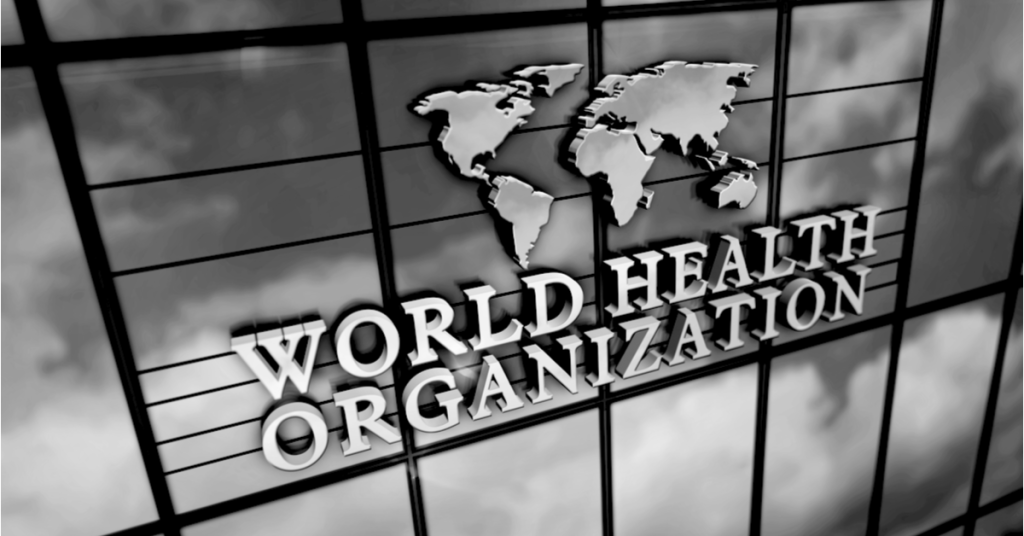WHO Warns of ‘Substantial Biological Risk’ As Fighters Take Over Lab Housing Disease Samples

A representative for the World Health Organization (WHO) on Tuesday warned of a substantial biological risk after fighters seized a health lab in Sudan housing samples of diseases including polio and measles, creating an “extremely, extremely dangerous” situation.
Fighters “kicked out all the technicians from the lab—which is completely under the control of one of the fighting parties as a military base,” said the WHO’s Nima Saeed Abid.
“There is a huge biological risk associated with the occupation of the central public health lab,” he said, pointing out that the lab holds isolates — or samples, of a “range of deadly diseases, including measles, polio, and cholera.”
In addition to “chemical hazards, bio-risk hazards are also very high due to lack of functioning generators,” Abid added.
Abid said lab technicians were kicked out by occupying forces but did not provide details on which side’s fighters took over the lab. As a result, the technicians could not return to the lab and safely remove the dangerous biological material.
Abid said he had received information on the seizure of the lab from the head of the national laboratory in Khartoum on Monday, a day before a 72-hour cease-fire went into effect.
The ongoing conflict in Sudan involves two powerful armed groups—the army led by General Abdel Fattah al-Burhan, and the RSF paramilitary force led by General Mohamed Hamdan Dagalo. The two leaders worked together in 2021 to carry out a military coup to seize power.
In the lead-up to the current conflict, both factions agreed to allow a transition back to democracy, working with Sudan’s various political parties. However, the proposed integration of the RSF into the Sudanese Armed Forces and military hierarchy emerged as a critical issue between Burhan and Dagalo.
With the capture of the WHO lab and the lack of natural immunity populations have to what were once common childhood diseases, people worldwide are at risk of being exposed to diseases that could potentially have far great negative implications.